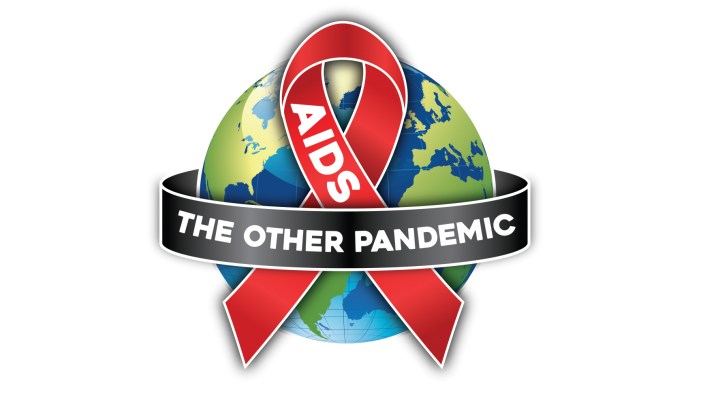WORLD AIDS DAY OP-ED
For the Aids response to succeed, governments need to let communities lead

To end Aids as a public health threat by 2030, governments and international partners need to support the communities on the frontlines of the Aids pandemic.
Every minute a life is lost to Aids. This is not fate. That is why we mourn and organise.
We can end Aids. We even know how.
The evidence set out in our new World Aids Day report, Let Communities Lead, is crystal clear.
It is communities who have waged the iconic struggles from South Africa to Thailand to Brazil to break deadly pharma monopolies on access to treatment. It has been communities’ campaigning that has brought the price of antiretroviral therapy down from $25,000 per person per year in 1995 to as low as $70 per person per year today.
It is communities who have been fighting, and winning, the struggles which have overturned the cruel and colonial laws which criminalised LGBTQI people. Decriminalisation in countries like India, Botswana, Antigua and Barbuda, Singapore, Barbados, and just this year Mauritius and the Cook Islands, has not only helped to advance freedom and equality, it has helped to advance progress in ending Aids and in protecting public health.
It is communities whose monitoring of government services and demands for accountability continue to secure important improvements and continues to be essential.
There is no doubt: community leadership builds stronger and healthier societies. Crucially, this World Aids Day is not only a moment to honour the leadership of communities. It is a call to action for governments to fully support communities’ life-saving work, and to remove the barriers that stand in their way.
Read more in Daily Maverick: HIV in graphs – latest figures confirm declining rates, but areas of concern remain
Too often, community leadership is unacknowledged, under-resourced, and in some places even under attack.
In many countries, community-led organisations are sidelined when important decisions are made.
Globally, funding channelled through communities has fallen in the past 10 years from 31% in 2012 to 20% in 2021
Crackdowns on civil society and on the human rights of people from marginalised communities are obstructing the progress of HIV prevention and treatment services, putting the fight against Aids at risk.
Letting communities lead is not doing them a favour — it is in the interests of the whole world. Intensifying support to community-led HIV responses will yield dividends that extend well beyond HIV, helping advance all the Sustainable Development Goals.
In 2021, member states of the United Nations renewed their commitment to supporting communities in the HIV response. To end Aids as a public health threat, that commitment needs to be realised everywhere.
Governments, international organisations, and partners need to do three things:
- Ensure that communities’ leadership roles are made central in all HIV policies and programmes. As communities say, “nothing about us without us”.
- Ensure that communities’ leadership roles are properly resourced. Many community-led organisations are struggling to survive — and this is costing lives.
- Protect human rights. Right now, anti-human rights, anti-women’s rights, and anti-democracy forces threaten the work and lives of our brave community leaders. To protect everyone’s health, protect everyone’s human rights.
Communities understand what is most needed, what works, and what needs to change. Communities do not lack commitment or insight, but they do lack the full, unstinting support they need to accelerate progress towards ending Aids. Community leaders have expressed it to us this way: “We should not be seen as a target of interventions, but as the principal intervention. We should not be seen as the problem, but as the key to the solution.”
For the Aids response to succeed, let communities lead! DM
Winnie Byanyima is UNAids Executive Director and United Nations Under-Secretary-General.




















 Become an Insider
Become an Insider
Comments - Please login in order to comment.